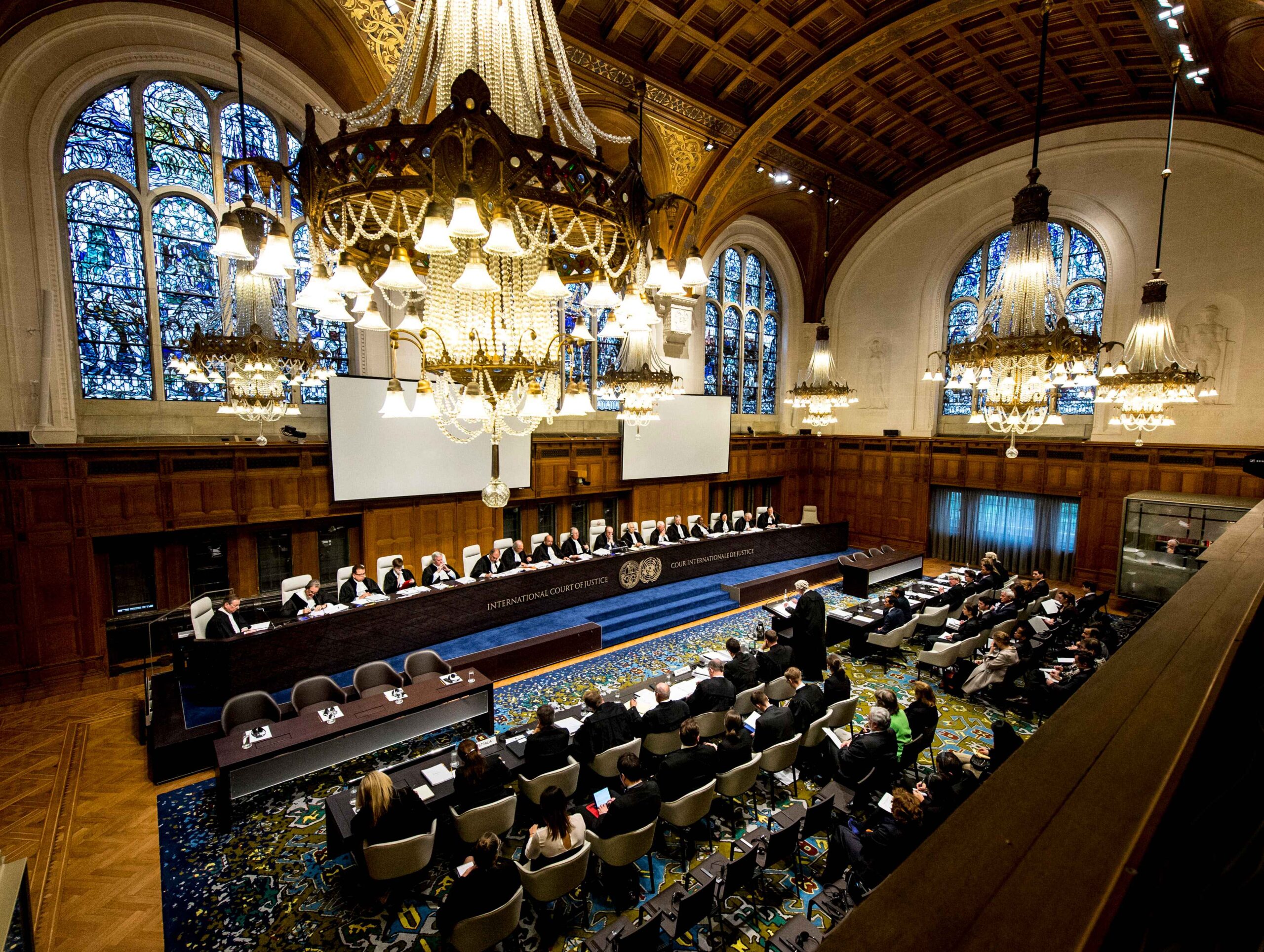In a significant but limited victory for Ukraine, the International Court of Justice (ICJ) has agreed to hear part of Kyiv’s lawsuit against Russia accusing them of falsely claiming genocide in eastern Ukraine as a pretext for their invasion. This decision highlights the ongoing legal battle surrounding the conflict and its potential implications.
Ukraine filed the case with the ICJ, also known as the World Court, shortly after Russia’s full-scale invasion in February 2022. In their initial claim, Ukraine sought a ruling on both the alleged genocide and the legality of the invasion itself. However, on Friday, the court partially rejected this, opting to only consider the claim of no genocide occurring in eastern Ukraine.
While Ukraine celebrates this partial victory, their request for a ruling on the invasion violating the 1948 Genocide Convention was dismissed. This leaves a crucial aspect of the conflict unaddressed at the ICJ for now.
Despite the limitations, Ukraine hailed the decision as a step towards justice. “The court will decide on the issue that Ukraine is not responsible for some mythical genocide,” declared Ukraine’s representative at the ICJ, emphasizing the symbolic importance of challenging Russia’s claims.
While the ICJ’s rulings are legally binding, the court lacks enforcement mechanisms, highlighting the complex reality of pursuing legal avenues in international conflicts. Russia, for instance, has a history of disregarding such rulings.
Despite these limitations, the court’s decision carries weight. The hearing itself serves as a platform for legal scrutiny of Russia’s justifications for the invasion and provides a platform for Ukraine to present its case to the international community.
Furthermore, the ICJ’s decision comes on the heels of another success for Ukraine at the court. On Wednesday, they won a separate case against Russia concerning violations of UN treaties on terrorism financing and discrimination in the context of events from 2014.
Moving forward, the ICJ will hear arguments on the specific claim of no genocide occurring in eastern Ukraine. This process might take several months, adding to the already complex legal landscape surrounding the ongoing conflict.
While the decision offers a partial win for Ukraine, it also underscores the limitations of relying solely on legal avenues to resolve the broader conflict. International diplomacy, along with ongoing military and humanitarian efforts, will continue to play crucial roles in shaping the future of this complex situation.
